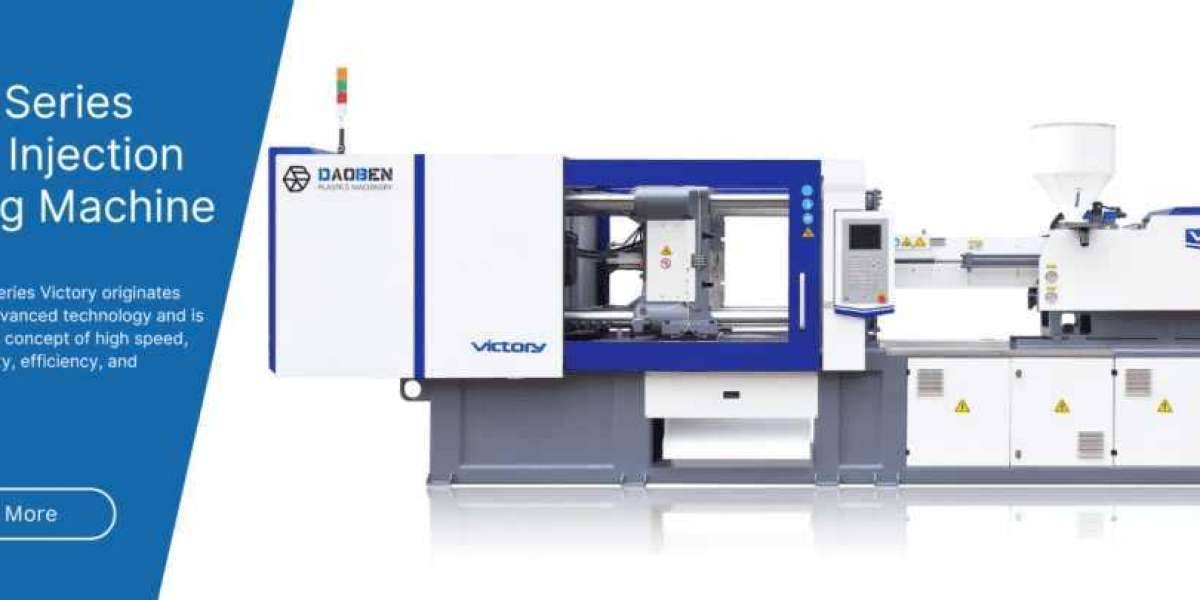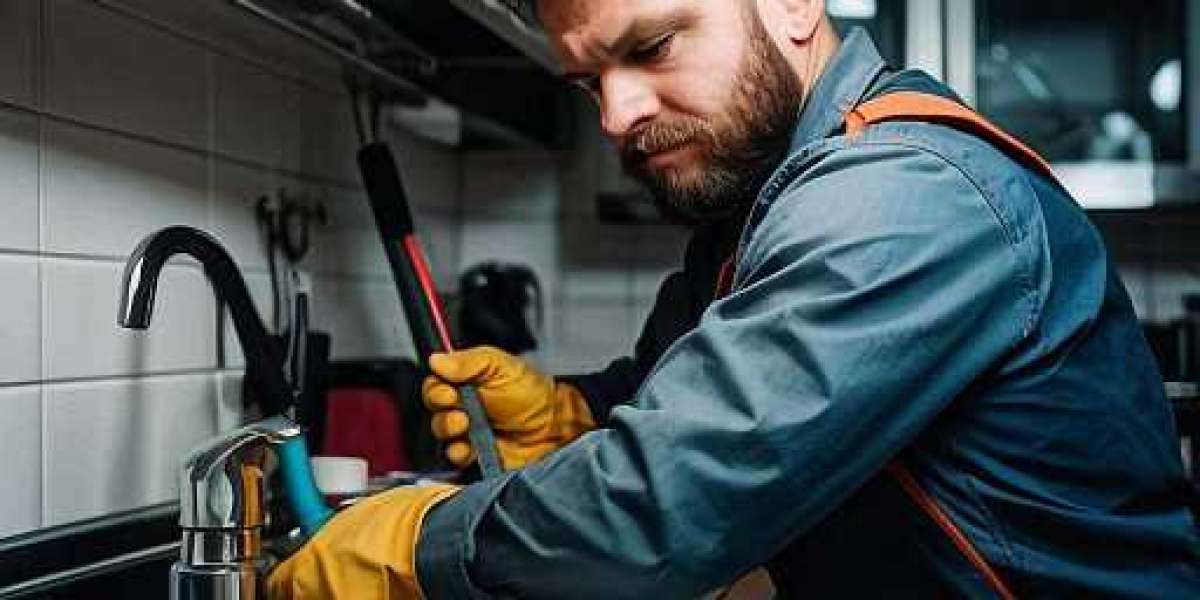Sustainability has become a cornerstone of modern manufacturing, driving industries to adopt practices that reduce environmental impact while maintaining efficiency and profitability. Injection moulding machines play a pivotal role in achieving these goals. This article explores how these machines contribute to sustainable manufacturing through innovative technologies, efficient processes, and material conservation.
Advancing Sustainability Through Injection Moulding Technology
1. Energy Efficiency in Injection Moulding Machines
Modern injection moulding machines, particularly electric and hybrid models, are designed with energy efficiency in mind. These machines consume significantly less energy compared to traditional hydraulic systems, reducing the carbon footprint of manufacturing processes. Key advancements include:
- Servo-driven motors that optimize energy use during idle times.
- Integration of energy recovery systems that repurpose excess heat and energy for other operations.
- Use of intelligent control systems to monitor and minimize energy consumption in real-time.
2. Precision Manufacturing Reduces Waste
Injection moulding machines enable high-precision manufacturing, which minimizes material waste. With advanced technologies such as:
- Micro-injection moulding, manufacturers can produce small, intricate parts with minimal material usage.
- Automated quality control systems that ensure each part meets exact specifications, reducing defects and rework.
Recycling and Reusability in Injection Moulding
1. Incorporating Recycled Materials
Injection moulding machines are highly compatible with recycled plastics, supporting the circular economy. By using post-consumer recycled (PCR) materials, manufacturers can reduce reliance on virgin plastics. Key benefits include:
- Lower material costs.
- Decreased environmental impact by diverting waste from landfills.
2. Closed-Loop Recycling Systems
Many facilities now implement closed-loop recycling systems, where scrap materials generated during production are reprocessed and reused. Injection moulding machines equipped with material grinders and feeders enable seamless recycling within the production line.
Reducing Environmental Impact Through Innovative Designs
1. Lightweighting Components
Injection moulding technology allows for the creation of lightweight yet durable components, reducing material usage without compromising performance. This approach is particularly valuable in industries such as automotive and packaging, where reducing weight translates to lower energy consumption during transportation.
2. Use of Biodegradable and Bio-Based Plastics
Injection moulding machines can process bio-based plastics made from renewable resources like corn starch or sugarcane. These materials are biodegradable and reduce dependency on fossil fuels. Manufacturers are increasingly turning to these sustainable alternatives to align with environmental regulations and consumer preferences.
Optimizing Manufacturing Processes for Sustainability
1. Shortening Cycle Times
By optimizing cycle times, manufacturers can improve efficiency and reduce energy consumption. Injection moulding machines achieve this through:
- Advanced cooling systems, such as conformal cooling channels, accelerate the cooling phase.
- Real-time monitoring of injection speeds and pressures to ensure consistent production.
2. Minimizing Scrap Rates
Injection moulding machines are designed to minimize scrap rates by ensuring precise control over material flow and temperature. Features such as:
- Hot runner systems that eliminate material waste in sprues and runners.
- Advanced sensors that detect and correct potential defects during the production process.
Applications of Injection Moulding in Sustainable Industries
1. Automotive Industry
The automotive sector benefits from injection moulding by producing lightweight parts that improve fuel efficiency. Additionally, manufacturers are using recycled plastics and bio-composites to meet sustainability goals.
2. Packaging Industry
Sustainability in packaging is driven by the demand for recyclable and compostable materials. Injection moulding machines enable the production of thin-walled packaging that uses less material while maintaining strength and durability.
3. Medical Devices
The medical industry relies on injection moulding for the production of sterile, single-use items. Advances in biodegradable plastics allow for the creation of disposable medical products that are environmentally friendly.
The Future of Injection Moulding in Sustainable Manufacturing
1. Smart Manufacturing Integration
The integration of Industry 4.0 technologies in injection moulding machines is revolutionizing sustainability. These technologies include:
- IoT-enabled sensors for real-time monitoring and predictive maintenance.
- AI-driven analytics to optimize machine settings and reduce energy consumption.
2. Adoption of Renewable Energy
Manufacturers are increasingly powering their facilities with renewable energy sources, such as solar or wind power, to further reduce their environmental footprint.
3. Innovations in Material Science
Ongoing advancements in material science are introducing new sustainable polymers that are stronger, lighter, and more environmentally friendly. Injection moulding machines are adapting to process these innovative materials efficiently.
Conclusion
Injection moulding machines are at the forefront of sustainable manufacturing, offering solutions that reduce waste, conserve energy, and promote the use of eco-friendly materials. By leveraging advanced technologies and adopting sustainable practices, manufacturers can achieve their environmental goals while maintaining competitive advantages.








